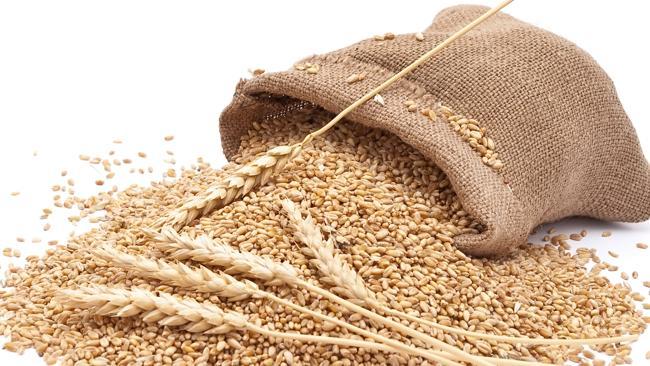Islamabad, Apr 10, 2025: In a bold stride toward agricultural modernization, Punjab Chief Minister Maryam Nawaz Sharif has rolled out a groundbreaking wheat deregulation plan, introducing a liberalized market model for the province.
This major reform removes existing limitations on the inter-provincial movement of wheat, allowing growers to sell their crops freely across Pakistan.
Lifting these barriers now allows farmers to negotiate better rates in open markets and maximize the value of their harvest.
“With wheat transportation now unrestricted, cultivators will finally receive the reward they deserve for their hard work,” remarked CM Maryam Nawaz.
This deregulation initiative represents a shift in market control, aiming to create a more dynamic trading environment where competitive pricing benefits the agricultural community.
Read More: Punjab Lifts Wheat Transport Ban to Boost Supply
Another significant policy introduced by the Chief Minister involves a complete transition of wheat procurement to the private sector.
For the first time in Punjab’s history, private firms will take the lead in buying wheat directly from farmers—moving away from traditional government-controlled methods.
However, the government designed this policy to encourage buyer competition, thereby ensuring fair pricing and better access to markets for wheat producers.
Under CM Maryam’s leadership, the Punjab government continues to prioritize pro-farmer reforms that foster agricultural resilience and long-term economic development.
Private participants and deregulation efforts are set to redefine the province’s agricultural landscape.
As part of its broader vision to strengthen food security and boost crop output, the administration has recognized the exceptional achievements of farmers who have produced record wheat yields this season.
To further empower growers, the government has provided 1,000 tractors free of cost, demonstrating its hands-on support for rural development.
In a recent high-level meeting chaired by Maryam Nawaz, she acknowledged the relentless efforts of Punjab’s farming community and reiterated her commitment to uplifting their livelihoods.
Although, the session also underscored the importance of the newly approved wheat transport policy, which aims to simplify logistics and widen market reach.
However, this new chapter in Punjab’s agriculture reflects a deep-seated commitment to farmer prosperity, enhanced productivity, and an open, competitive marketplace that benefits all stakeholders.









